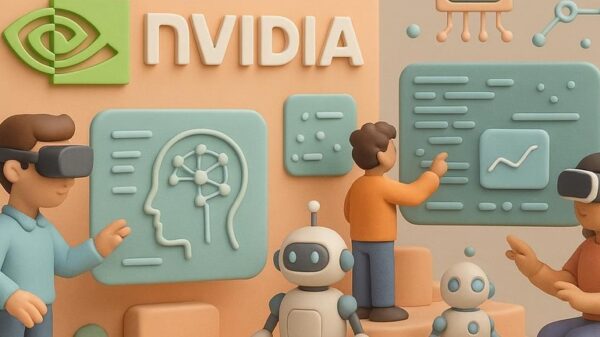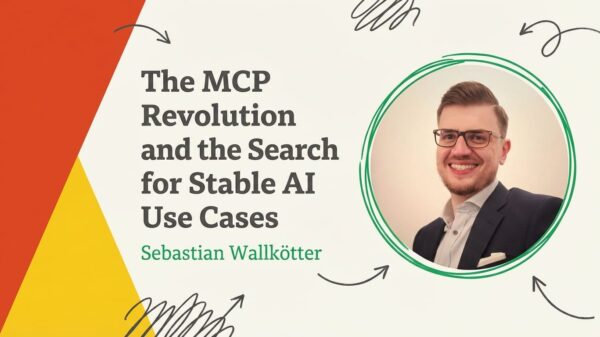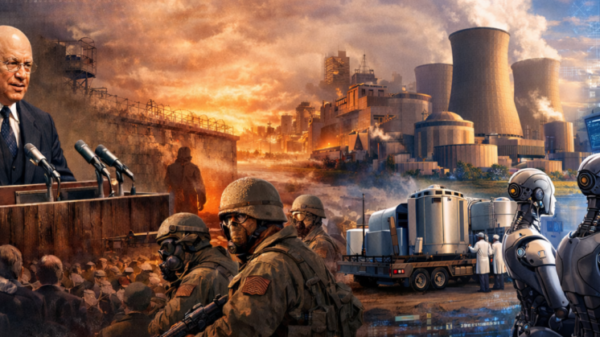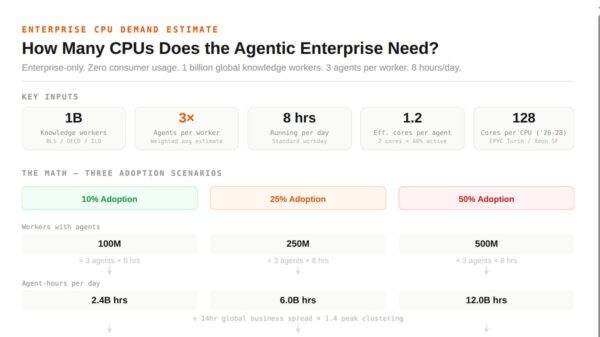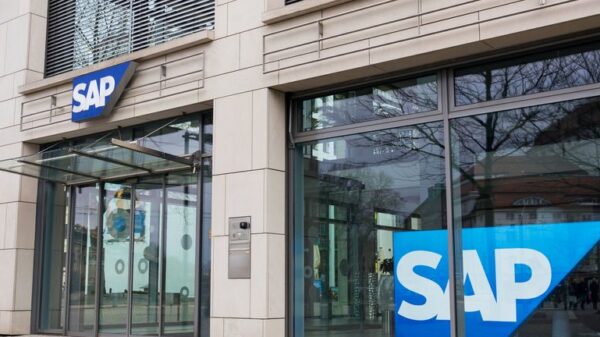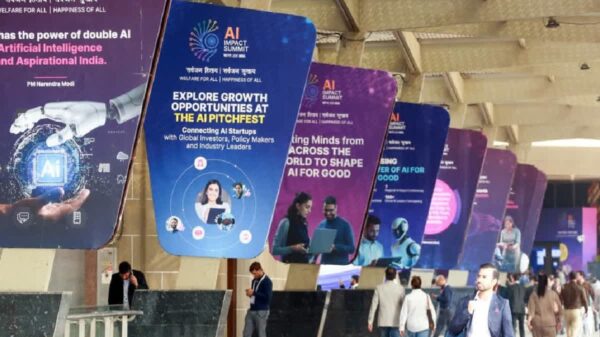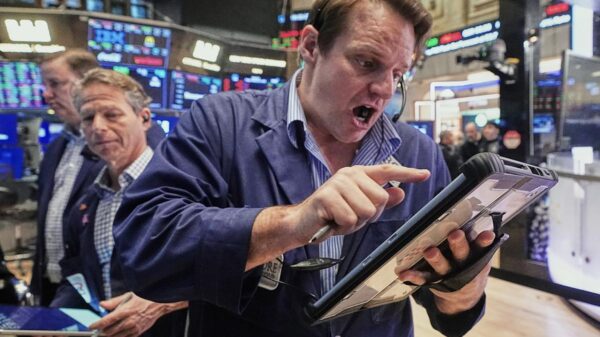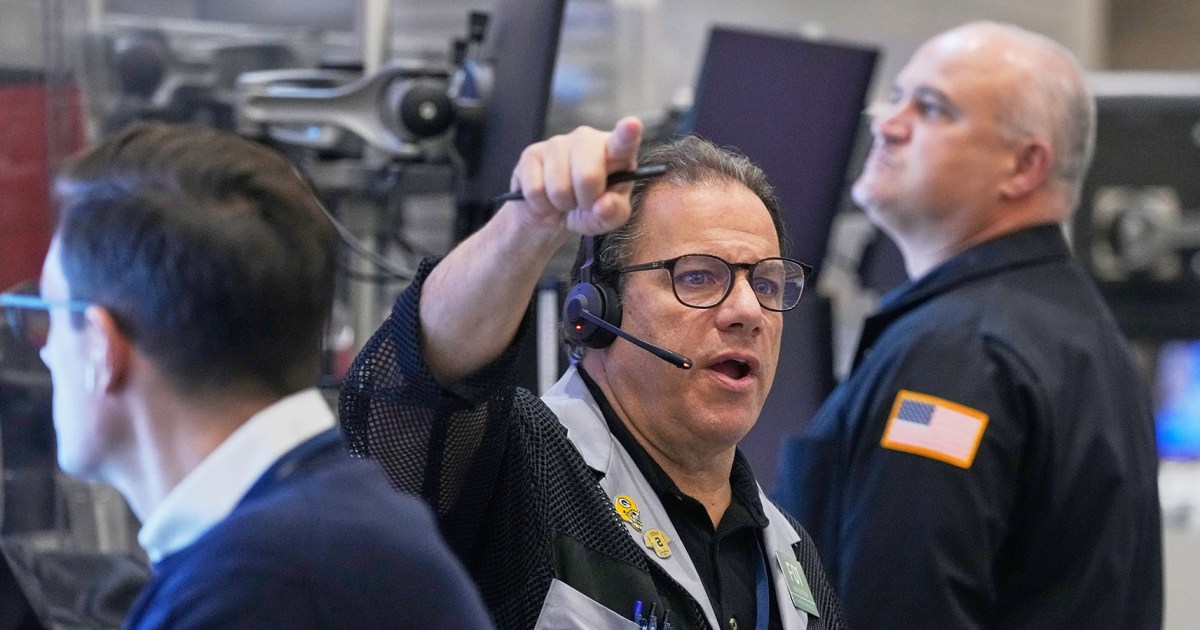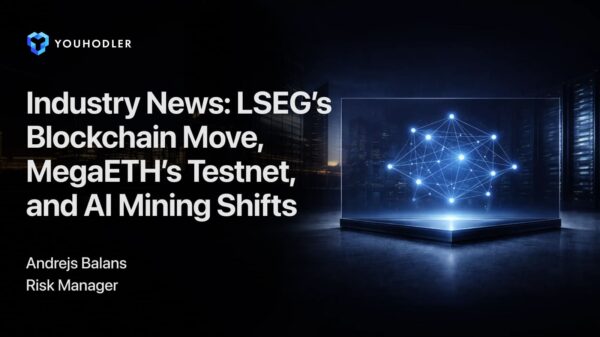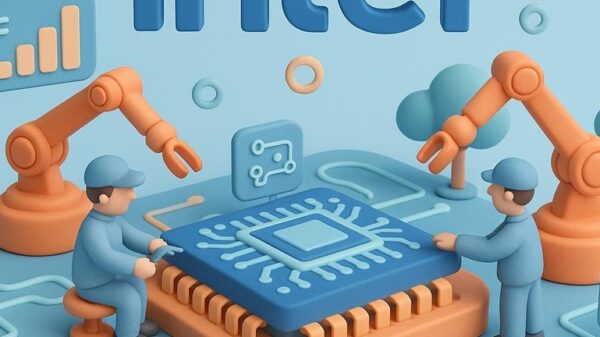The stock market experienced a dramatic reversal on Thursday, initially showing promise but ultimately succumbing to investor skepticism about the sustainability of the artificial intelligence (AI) boom and the anticipated support from the Federal Reserve. This shift highlighted the fragility of the current economic landscape.
The tech-heavy Nasdaq index fell by 2%, while the broad S&P 500 dropped by over 1.5%. The Dow Jones Industrial Average, which tracks 30 large-cap stocks, plummeted nearly 390 points after having surged by 700 points earlier in the day. In the realm of cryptocurrencies, Bitcoin’s value sank below $87,000, having previously reached highs above $120,000 just weeks before.
This significant downturn compounded existing worries about an economy grappling with persistent inflation and signs of a weakening job market. With consumer spending, a key driver of the economy, increasingly reliant on affluent households, a prolonged market downturn could have wider implications for economic health.
Matt Maley, the chief market strategist at Miller Tabak asset management group, noted, “You don’t have to have the biggest bubble in history for an expensive stock market and end up seeing declines.” His observation underscores the vulnerability of the market environment.
Traders were initially buoyed by a better-than-expected jobs report that indicated ongoing resilience in the economy. Early in the day, optimism was further fueled by strong quarterly earnings from Nvidia, the chipmaker central to the AI revolution. However, this positivity quickly diminished as the day progressed.
The solid jobs report for September, revealing 119,000 new jobs added, reduced the likelihood of the Federal Reserve cutting interest rates in the near term. Analysts from Morgan Stanley expressed that the broad rebound in payrolls suggested “diminished risks of a higher unemployment rate,” and noted that they no longer expect a Fed interest rate cut in December.
Investor concerns about AI companies’ profitability further exacerbated market losses. Notably, Michael Burry, famed for his role in “The Big Short,” voiced skepticism on X, stating, “Just because something is used does not mean it is profitable.” This sentiment cast further doubt on the future profitability of companies relying on AI technologies and associated hardware.
Additionally, the ongoing sell-off of Bitcoin suggested a retreat from the “buy the dip” mentality traditionally exhibited by retail or day traders, indicating potential shifts in market sentiment. Steve Sosnick, chief strategist at Interactive Brokers, summarized the current state: “I wouldn’t say we’ve flipped from bull to bear… I would say we’ve flipped from bull to balanced market in the short term. A lot depends on whether sentiment continues to weaken.”
Recent weeks had already indicated signs of market fatigue, and Thursday’s losses brought the S&P 500 to its lowest point since September. The labor market results were mixed, with the unemployment rate increasing from 4.3% in August to 4.4%, even as 450,000 workers entered the labor force. This suggests that job opportunities remain available, despite numerous corporate layoffs.
Companies like Verizon announced plans to cut approximately 13,000 jobs, equating to about 13% of its workforce. This move aligns with similar actions taken by major firms such as Amazon, General Motors, and Microsoft, all shedding thousands of jobs amidst a turbulent economic backdrop.
The jobs report also indicated that job losses occurred in manufacturing and transportation sectors, while gains were concentrated in health care, hospitality, and social assistance. Interestingly, Walmart reported strong sales and raised its outlook for the year, capitalizing on a customer shift towards high-income shoppers seeking bargains, alongside lower-income families feeling economic pressure. Chief Financial Officer John David Rainey noted, “As pocketbooks have been stretched, you’re seeing more consumer dollars go to necessities versus discretionary items.”
As the market navigates these uncertainties, the interplay between AI advancements and economic stability will remain critical, shaping investor sentiment and strategy in the months to come.
See also Baidu’s Price Target Rises to $147 Amid Strong AI Growth and Business Optimism
Baidu’s Price Target Rises to $147 Amid Strong AI Growth and Business Optimism Foxconn Partners with OpenAI to Develop AI Hardware for Data Centers Amid Demand Surge
Foxconn Partners with OpenAI to Develop AI Hardware for Data Centers Amid Demand Surge Meta Partners with Sify to Develop 500 MW AI Data Centre in Visakhapatnam
Meta Partners with Sify to Develop 500 MW AI Data Centre in Visakhapatnam MIT Report Reveals Agentic AI’s Promise: Autonomous Systems Reshape Future Workflows
MIT Report Reveals Agentic AI’s Promise: Autonomous Systems Reshape Future Workflows Nvidia Partners with Foxconn to Integrate AI into Manufacturing Processes
Nvidia Partners with Foxconn to Integrate AI into Manufacturing Processes

